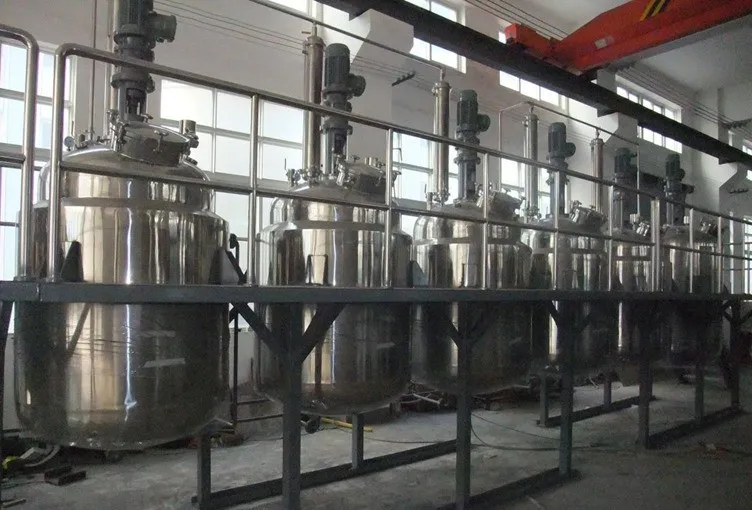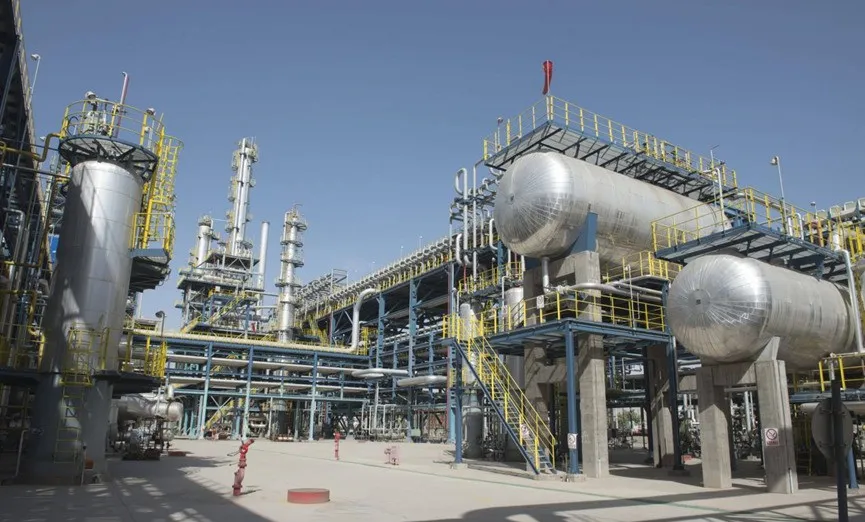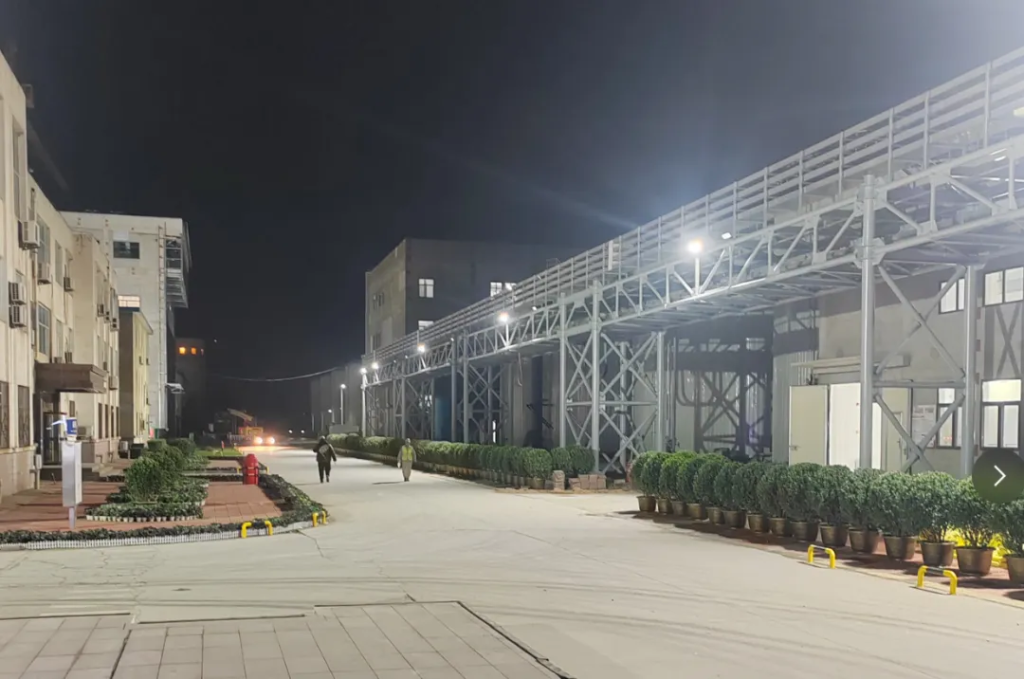How to maintain explosion-proof electrical equipment in chemical plants?
In environments where there is a risk of explosions, such as chemical plants, maintaining explosion-proof electrical equipment is key to production safety and employee health. This equipment must not only be adapted to the harsh environment, but also maintain its explosion-proof characteristics.
The following will be an in-depth discussion of the key points of the maintenance of explosion-proof electrical equipment in chemical plants, to ensure that the equipment operates safely and reliably in hazardous environments, and to provide a solid guarantee for safe production.
We will discuss in detail the aspects of appearance inspection, specialized testing, special inspection, enclosure fastening, corrosion impact assessment, and safety evaluation, and add requirements for explosion-proof qualification of equipment.
- Appearance check.
This is the starting point for maintenance work and involves checking that the equipment enclosure is free of cracks or damage, that the paint is intact, that the junction box cover is tight, and that the fixing bolts and anti-loosening devices are in place.
These inspections help to identify and resolve potential safety issues early, preventing explosions caused by electrical sparks from damaged enclosures or improper wiring.
Especially for oil-filled equipment, but also need to pay extra attention to the equipment whether there is oil seepage or leakage phenomenon, as well as whether the oil level is in line with the regulations, because these problems not only affect the operation of the equipment, but also may become a potential risk of triggering an explosion.
- Specialized equipment testing.
This includes the use of specialized instruments to test the electrical performance of explosion-proof electrical equipment, such as insulation and grounding resistance, in order to accurately assess the electrical safety of the equipment and to ensure that no accidents will be caused by electrical faults during operation.
For positive-pressure explosion-proof electrical equipment, ventilation and exhaust system testing is also critical, you need to check whether the ventilation and exhaust system is unobstructed, whether the connection is correct, and whether the location of the inlet and outlet is in line with the specifications, in order to maintain the balance of pressure inside the equipment, to prevent the entry of flammable gases from the outside.
- Specialized inspections.
This includes ensuring that seals or isolators in the electrical wiring are properly installed to prevent flammable gases from entering the equipment through the wiring. During the inspection, we need to pay particular attention to whether the seals are old or damaged, and whether the isolation devices are effective.
At the same time, grounding and anti-static testing should not be ignored, should ensure that the electrical equipment grounding or zero, anti-static grounding in accordance with the design requirements, grounding should be firm and reliable, in order to prevent static electricity accumulation triggering an explosion.
- In order to maintain the explosion-proof performance of the equipment, the fastening of the enclosure of the equipment is a crucial aspect.
After installation or maintenance, torque wrenches should be used to tighten the fastening bolts on the explosion-proof surface with the same torque to ensure that the force on each bolt is uniform, to avoid artificial increase in the explosion-proof gap or bolt breakage in case of internal explosion of the shell. In addition, should also pay attention to check the shell parts of the fixed bolts and spring washers are complete and tight, not loose.
In corrosive environments such as chemical plants, the metal casings, fasteners and insulating materials of explosion-proof electrical equipment are susceptible to corrosion, leading to performance degradation or even failure. Therefore, in emphasizing the impact of corrosion, we should regularly check the corrosion of the equipment, replace the damaged parts in time, and take appropriate anti-corrosion measures, such as applying anti-corrosion coatings.
- Perform safety evaluations of explosion-proof electrical equipment.
This includes equipment selection and installation evaluation to ensure that the equipment meets the requirements in terms of the zoning of the hazardous area, the level and grouping of flammable gases, etc., and that it is installed in strict accordance with the operation manual in order to maintain the overall explosion-proof performance of the equipment. At the same time, regular operation and maintenance evaluations are conducted, including checking the operating status, maintenance records and safety hazards of the equipment, in order to find and deal with problems with the equipment in a timely manner, and to ensure that the equipment operates safely and stably for a long period of time.
- Attention also needs to be paid to equipment explosion-proofing qualification requirements.
These qualifications and certifications are important credentials to ensure that explosion-proof electrical equipment complies with relevant regulations and standards during production, sale and use, and to safeguard the safety of personnel and equipment. These include explosion-proof certificates of conformity, production licenses, product inspection reports, compliance with national and industry standards, CCC certifications, and installation, overhaul and maintenance qualification certificates, all of which are key factors in ensuring compliance and safety of the equipment.
To summarize, the maintenance of explosion-proof electrical equipment in chemical plants is a complex and detailed work, which needs to be managed comprehensively and systematically from various aspects. Through the strict implementation of the above maintenance points and qualification requirements, we can minimize the risk of explosion, to protect the lives of employees and corporate property safety.




